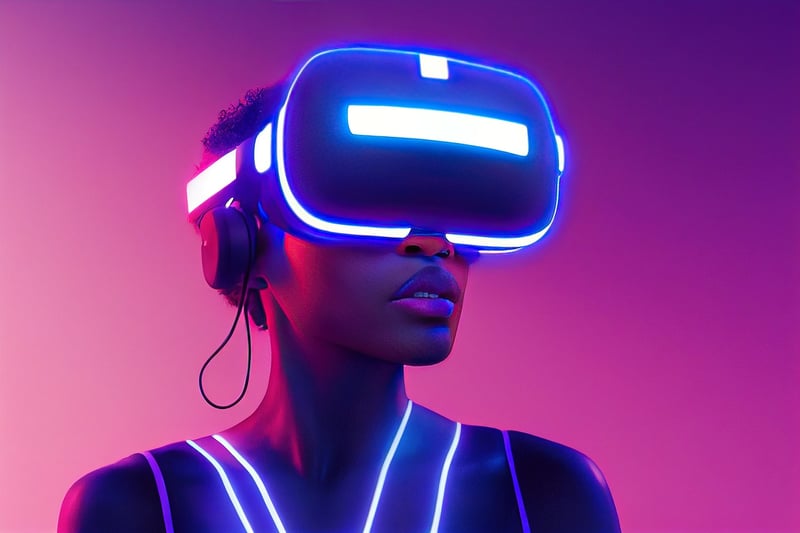Futuristic Tech
The Future of Time Travel: Types of Time Machines and Futuristic Technology
Time travel has been a popular concept in science fiction for decades, captivating our imaginations with the idea of altering the past or exploring the future. While time machines remain a theoretical possibility, advancements in futuristic technology have brought us closer to realizing this dream. Let's delve into the different types of time machines and the futuristic tech that could make time travel a reality.
1. Wormhole Time Machine
A wormhole is a theoretical passage through spacetime that could create a shortcut for long journeys across the universe or even through time. By manipulating the fabric of spacetime, a wormhole time machine could potentially allow travel to different points in time.

2. Tipler Cylinder
The Tipler Cylinder is a hypothetical time machine proposed by physicist Frank J. Tipler. It involves a massive rotating cylinder that could theoretically create closed timelike curves, allowing for time travel into the past. While challenging to build, it represents an interesting concept in time travel theory.

3. Quantum Time Travel
Quantum mechanics provides intriguing possibilities for time travel. Concepts like quantum entanglement and superposition could potentially be harnessed to send information back in time or create quantum duplicates that interact with their past selves. While still in the realm of theoretical physics, quantum time travel offers exciting prospects.

Futuristic Technology Enhancing Time Travel
Advancements in futuristic technology are paving the way for potential breakthroughs in time travel. Technologies like artificial intelligence, quantum computing, and advanced robotics play crucial roles in theoretical time travel research. These cutting-edge tools offer new perspectives and avenues for exploring the mysteries of time.
Artificial Intelligence (AI)
AI algorithms can process vast amounts of data and simulate complex scenarios, aiding researchers in studying the feasibility of time travel theories. AI-driven simulations provide valuable insights into the behavior of spacetime under different conditions, contributing to our understanding of temporal mechanics.
Quantum Computing
Quantum computers have the potential to solve complex calculations much faster than classical computers. In the realm of time travel research, quantum computing could unlock new computational capabilities for modeling spacetime, quantum entanglement, and other phenomena relevant to temporal manipulation.
Advanced Robotics
Robots equipped with advanced sensors and AI capabilities can assist in constructing intricate experimental setups for testing time travel hypotheses. These robots enable precise measurements, data collection, and fine-tuned adjustments in temporal research projects, pushing the boundaries of scientific exploration.
While time travel remains a speculative frontier, the convergence of theoretical concepts and futuristic technology offers a glimpse into a possible future where the mysteries of time may be unlocked. As scientists continue to push the boundaries of our understanding, the dream of traversing the fourth dimension may one day become a reality.
